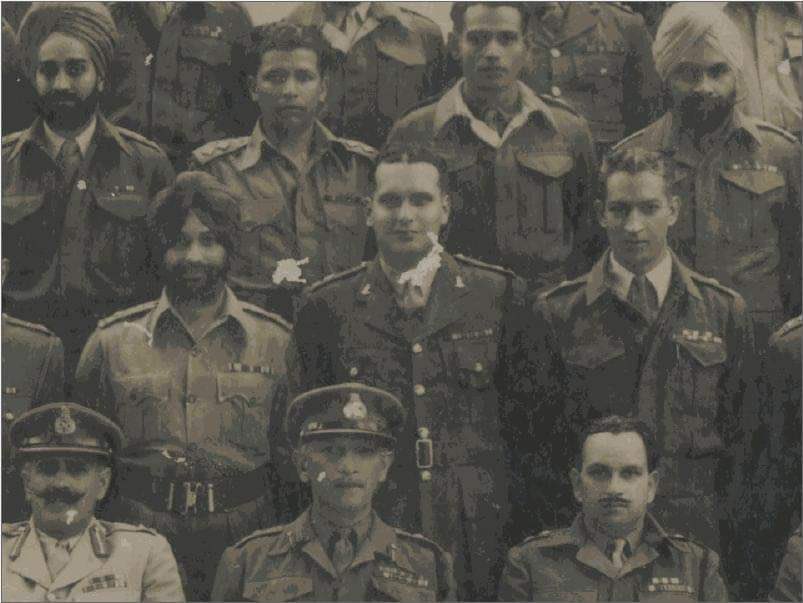Fired.
We called on Biden to remove ALL Trump holdovers who could legally be fired on day one. So how’d he do?
It was a good start but many more still need to be dismissed.
Let’s recap:
Not fired.
Not fired.
Not fired.
More from Biden
Okay. That was quick. I’m done with Biden. Renata Hesse is total nightmare for workers. Her previous stint in DOJ had her tightening restrictions on songwriters while letting big tech off the hook. She is a pawn of Silicon Valley. Be very very afraid.
Former Google attorney Renata Hesse when working at DOJ antitrust tried to change the details of the BMI and ASCAP consent decrees that would have made a $1 Billion lawsuit against Google go away. This is horrendously corrupt. This is a terrible terrible start for Biden.
https://t.co/yM5ej1rIBN
https://t.co/hkc1B31cR7
https://t.co/J5f3C90qsh
The Prospect and The Intercept have learned that Renata Hesse, a former Obama Justice Department official who then went on to work for Google and Amazon, is a leading contender to head up the DoJ Antitrust Division.
— David Dayen (@ddayen) January 15, 2021
Former Google attorney Renata Hesse when working at DOJ antitrust tried to change the details of the BMI and ASCAP consent decrees that would have made a $1 Billion lawsuit against Google go away. This is horrendously corrupt. This is a terrible terrible start for Biden.
https://t.co/yM5ej1rIBN
https://t.co/hkc1B31cR7
https://t.co/J5f3C90qsh



















